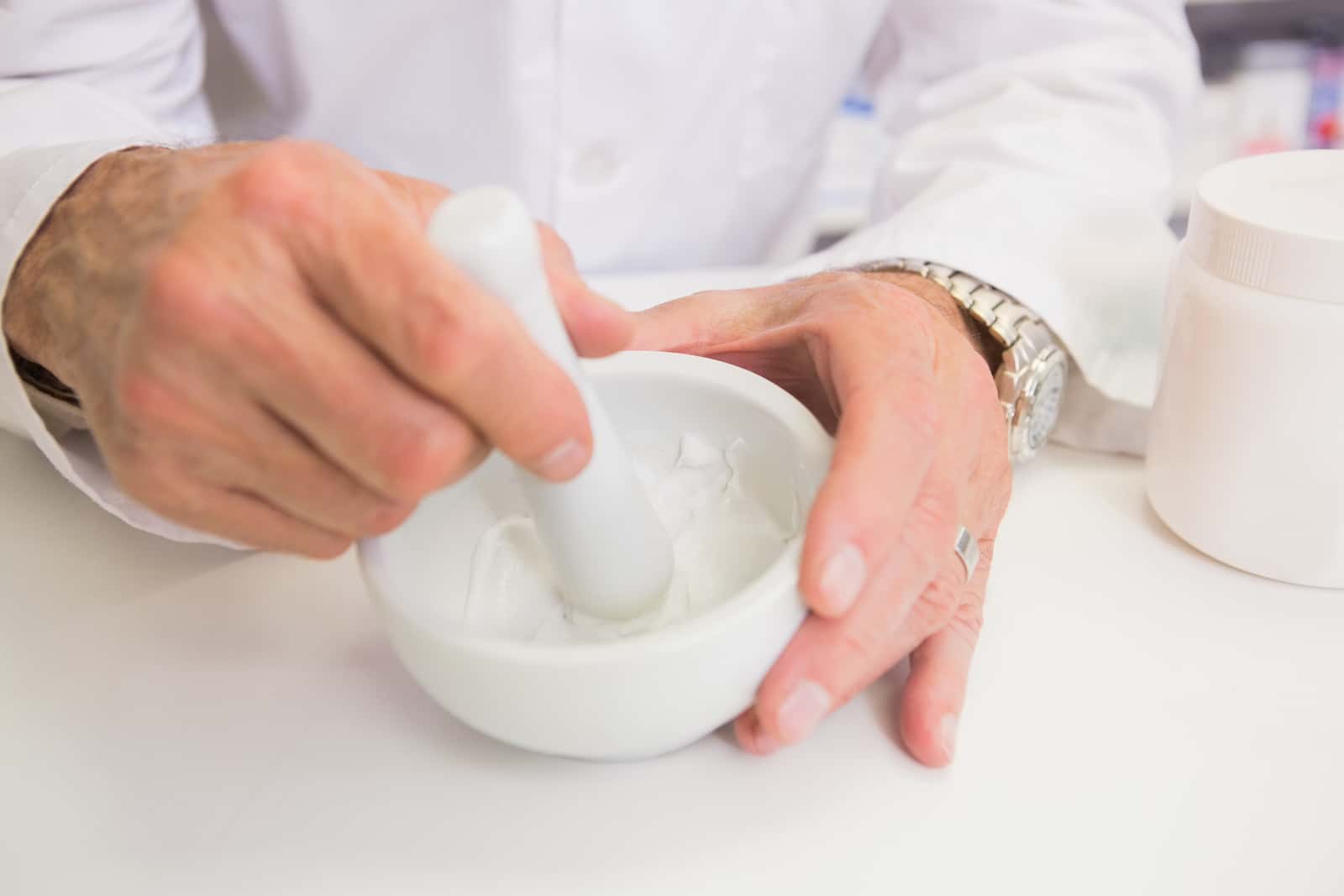
One of the most prescribed drugs in America is levothyroxine (Synthroid, Levoxyl, Tirosint, Unithroid, Euthyrox). At last count, over 100 million prescriptions are dispensed annually. What many people do not realize, though, is that levothyroxine is inactive. To be effective, it has to be converted from its four-iodine inactive state (T4) to active T3 (triiodothyronine). This reader shares what happened when her pharmacy compounded T3 medicine for her hypothyroidism symptoms.
Synthroid Plus Compounded T3:
Q. I have had hypothyroidism for many years. Getting a good dose for my thyroid medication has been a challenge. I now take Synthroid plus a an extended-release T3 made by a compounding pharmacy.
My insurance does not cover the compounded T3 pills, but they make such a difference in my quality of life that I pay for them out of pocket. It has taken more than 15 years to get to this point.
A. Many doctors prefer to prescribe levothyroxine (Levoxyl, Synthroid, Tirosint, Unithroid) alone to treat hypothyroidism. But some patients feel better on a combination of T3 (triiodothyronine) and T4 (levothyroxine) (Frontiers of Endocrinology, July 9, 2019).
This runs counter to mainstream medicine. Endocrinologists are taught that the body is great at converting T4 to T3. There is a belief that people will make as much T3 as they need and taking extra is both a waste of money and potentially dangerous.
Dr. Antonio Bianco is a world-class endocrinologist. He is professor of medicine at the University of Chicago School of Medicine. He has shared with us that as many as 15% of patients diagnosed with hypothyroidism do not feel very good on T4 alone. Listen to Dr. Bianco describe in his own words why many patients may need extra T3 at this link.
Bonus Interview: Dr. Antonio Bianco Describes His Remarkable Thyroid Research
Just click on the white arrow under the picture.
The Downside of Too Much T3:
The disadvantage is that T3 has a very short half-life. As a result, people may need two or three doses a day. This can be inconvenient and does not always result in good control of thyroid hormones.
Your solution, a long-acting compounded T3 formulation, is appealing. The products compounding pharmacies make are, unfortunately, not subject to testing. The timed-release formulation may vary from batch to batch and from compounding pharmacy to compounding pharmacy. You will need regular blood tests to monitor your progress. Be alert for symptoms of hyperthyroidism!
Symptoms of Too much T3:
Digestive distress, (nausea and diarrhea)
Anxiety, nervousness, irritability
Insomnia
Headache
Excessive sweating
Tremor
Catrina describes what it is like to have too much T3 on board:
“I had my thyroid gland removed in 2008. That was followed by radioactive iodine to eliminate any remaining pockets of thyroid tissue in 2009. Initially I was on Synthroid. Then I was prescribed desiccated thyroid, including the Armour brand. I couldn’t handle the natural products.
“My doctor prescribed T3 (Cytomel) and T4 (Synthroid). At first, I felt phenomenal and lost 30 pounds. More recently I started having severe panic attacks and sleep and muscle issues. I always feel revved up. I’ve had numerous endocrinologists tell me that T3 is a stimulant and very short acting. That can apparently be tough on the adrenal glands. That’s why you need to multi-dose to feel the constant flow of energy. Eventually the adrenals can burn out, which my doctor thinks may have happened to me.
“I felt like I was on speed, and then I would crash 4 hours after the dose. I eventually switched back to T 4 alone in the form of Synthroid. I feel so much better. I have gained some weight but I’d rather feel sane. It’s been so long since I’ve felt calm that I’d forgotten how that felt. It may work for many but not everyone can tolerate the straight T3. Don’t beat yourself up about it if it doesn’t work. Take what YOUR individual body needs to function well. Everyone is different, and our bodies are constantly in flux.”
You can learn about combination thyroid therapy at this link:
When Is Combination Therapy Better Than Synthroid?
Others who would like to learn more about hypothyroidism treatment and compounded T3 therapy may wish to read our eGuide to Thyroid Hormones, available in the Health eGuides section of www.PeoplesPharmacy.com.
Share your own thyroid story in the comment section below. Has your doctor prescribed compounded T3? How well did it work?
Citations
- McAninch EA & Bianco AC, "The swinging pendulum in treatment for hypothyroidism: From (and toward?) combination therapy." Frontiers in Endocrinology, July 9, 2019.
- Mahadevan S et al, "Does time of sampling or food intake alter thyroid function test?" Indian Journal of Endocrinology and Metabolism, May-June 2017. DOI: 10.4103/ijem.IJEM_15_17

